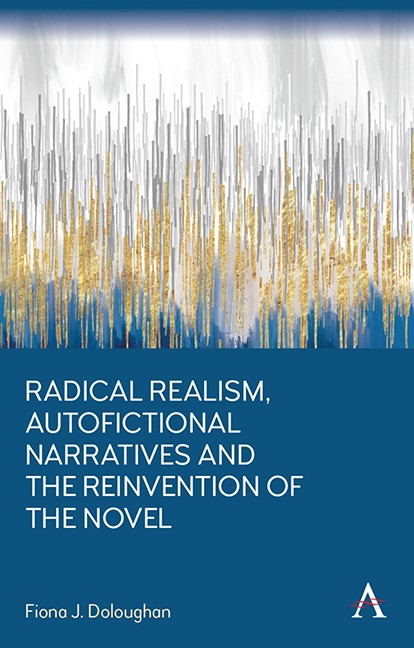Book contents
- Frontmatter
- Contents
- Dedication
- Preface
- Acknowledgements
- 1 Introduction
- 2 Theoretical and Critical Concerns: Key Terms and Arguments
- 3 The Anatomy of a Writer: Karl Ove Knausgaard’s My Struggle
- 4 Companion Pieces: Jeanette Winterson’s Why Be Happy When You Could Be Normal? in Relation to Oranges Are Not the Only Fruit
- 5 A Cross-Cultural Memoir: Xiaolu Guo’s Once Upon a Time in the East
- 6 Rachel Cusk’s Search for New Forms: Self-Projection and Refraction in Fiction and Non-Fiction
- 7 Conclusion
- References
- Index
4 - Companion Pieces: Jeanette Winterson’s Why Be Happy When You Could Be Normal? in Relation to Oranges Are Not the Only Fruit
Published online by Cambridge University Press: 15 November 2023
- Frontmatter
- Contents
- Dedication
- Preface
- Acknowledgements
- 1 Introduction
- 2 Theoretical and Critical Concerns: Key Terms and Arguments
- 3 The Anatomy of a Writer: Karl Ove Knausgaard’s My Struggle
- 4 Companion Pieces: Jeanette Winterson’s Why Be Happy When You Could Be Normal? in Relation to Oranges Are Not the Only Fruit
- 5 A Cross-Cultural Memoir: Xiaolu Guo’s Once Upon a Time in the East
- 6 Rachel Cusk’s Search for New Forms: Self-Projection and Refraction in Fiction and Non-Fiction
- 7 Conclusion
- References
- Index
Summary
Introduction
Why Be Happy When You Could Be Normal?, Winterson’s 2012 memoir, is described on her website as ‘the silent twin’ (http://www.jeanettewinterson.com/book/why-be-happy-when-you-could-be-normal/) to the story recounted in fictional form in her now classic Oranges Are Not the Only Fruit first published in 1985. Oranges, the semi-autobiographical novel that launched Winterson’s writing career and brought her to public attention, introduced the reader to WintersonWorld, a world in which a young girl called Jeanette, primed to become a missionary, grew up in a Pentecostalist household with her larger-than-life mother and rather timid father. The story that emerges in Winterson’s first novel is that of a young girl, adopted as a baby, coming to terms with the world around her as she veers off the missionary path that her mother has chosen for her, falling in love with another girl and thereby falling foul of the expectations of her family, particularly her mother, and wider religious community. Her rejection of the norms of her community lead to her being forced to leave home and having to fight to continue her education. Books, a love of language and a love of literature, prove to be her saviour.
Yet above and beyond the sentimental education and tough life lessons that the young Jeanette experiences, including what it means to be marginalized and an outsider, it is the manner of the story’s telling that is so memorable: a narrative structured around the first eight books of the Old Testament from Genesis to Ruth that combines a story of growing up with humour and flights of fantasy, a mix that was to characterise much of Winterson’s subsequent work. For while Oranges is categorized as a work of fiction, rather than a memoir, it is one based loosely around aspects of Winterson’s own past and is notable for its hybridity, experimentalism and playfulness in terms of style, thematic treatment and mode of narration. What distinguishes, Why Be Happy? from Oranges, apart from the obvious temporal gap (27 years) and difference in generic classification (Why Be Happy? is classified as a memoir, Oranges is a work of fiction), is perhaps the fact that Why Be Happy?, while not devoid of humour, strikes a more serious note and covers a larger period in Winterson’s life than Oranges but it is precisely these differences as well as the similarities that this chapter will treat.
- Type
- Chapter
- Information
- Publisher: Anthem PressPrint publication year: 2023

